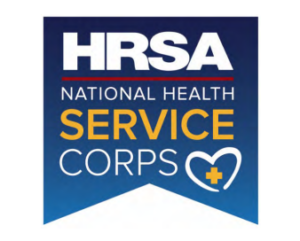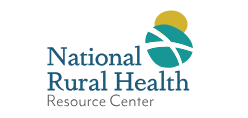September 4, 2025

September is National Recovery Month
First recognized in 1989, National Recovery Month promotes new evidence-based treatment and recovery practices, supports the nation’s strong and proud recovery community, and highlights the dedication of communities and service providers who make recovery possible.
In honor of National Recovery Month, the White House proclaimed the week of August 31 as the 2025 Overdose Prevention Week to remember the lives lost, support grieving families, and review the nation’s solemn commitment to ending the overdose epidemic.
A variety of federal resources is available to support individuals and their families:
- The Substance Abuse and Mental Health Services Administration (SAMHSA) created
- the National Recovery Month Toolkit, a one-stop shop for resources and messaging for community members.
- SAMHSA’s website also provides links to treatment, recovery, and overdose prevention support.
- Centers for Disease Control and Prevention:
- Stigma Reduction, a helpful guide describing stigma and how it can affect prevention and treatment services.
- National Institute on Drug Abuse:
- Preferred Language for Talking About Addiction – This resource helps readers identify stigmatizing words and provides person-first language alternatives.
To learn more about programs created by the Federal Office of Rural Health Policy (FORHP) to support recovery, visit the Rural Communities Opioid Response Program (RCORP) on HRSA’s website.
Each of the RCORP Centers of Excellence provides a clearinghouse of information and resources for prevention, treatment, and recovery that are specific to rural communities.
Recovery Resources
Click Here for SAMHSA’s National Recovery Month Resources and Tools
Click Here to Read Presidents’ Overdose Prevention Week Proclamation
Click Here for SAMHSA’s 2025 Recovery Month Toolkit
Click Here for CDC Stigma Reduction Guide
Click Here for the National Institute on Drug Abuse Preferred Language for Talking About Addiction







